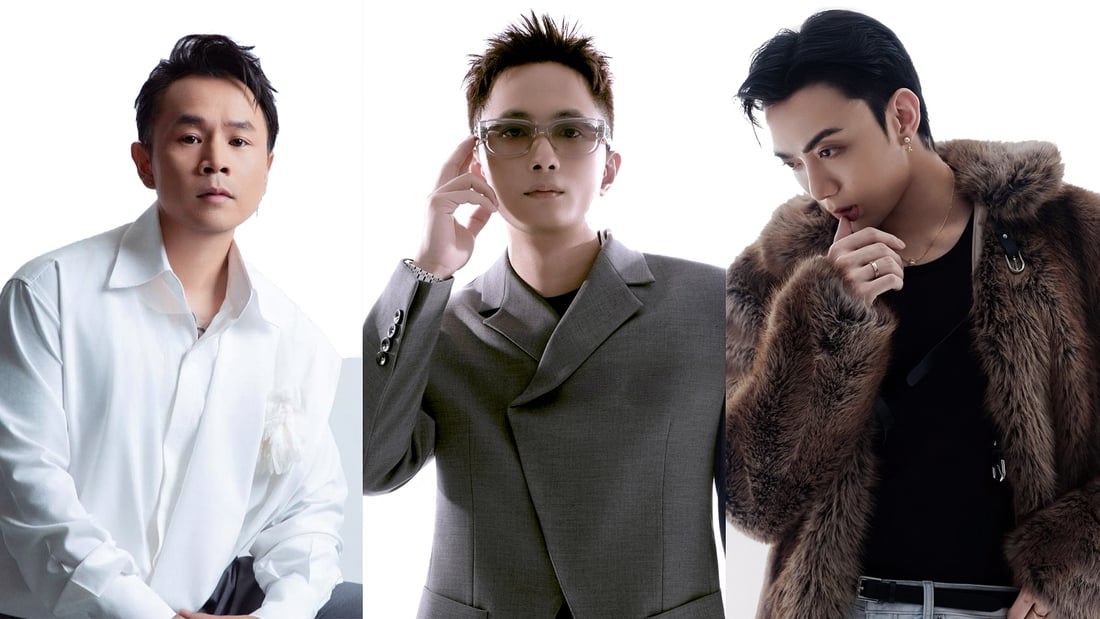
Binz, Rhymastic and Soobin are the artists who proactively removed "problematic" MVs - Photo: FBNV
"Deviant music" is roughly understood as using offensive, vulgar language, impure Vietnamese, criticizing, attacking each other, showing an arrogant, uncivilized attitude, lacking professional ethics and disrespecting the audience or promoting the use of banned substances, loose lifestyles, gangsterism, social evils...
Many artists "self-examine"
In recent days, many artists/artist management companies have quietly deleted music products with deviant expressions from platforms. These include rappers Phao, Hustlang Robber, GDucky, Rocky CDE...
Binz, Soobin, and Rhymastic, although not mentioned, have even self-censored and deleted a series of their "playful" and rebellious music products.
Responding to Tuoi Tre, a representative of SS Label - the company of these three artists - said that the unit proactively reviewed and adjusted the song catalog to ensure it was consistent with the company's current direction.
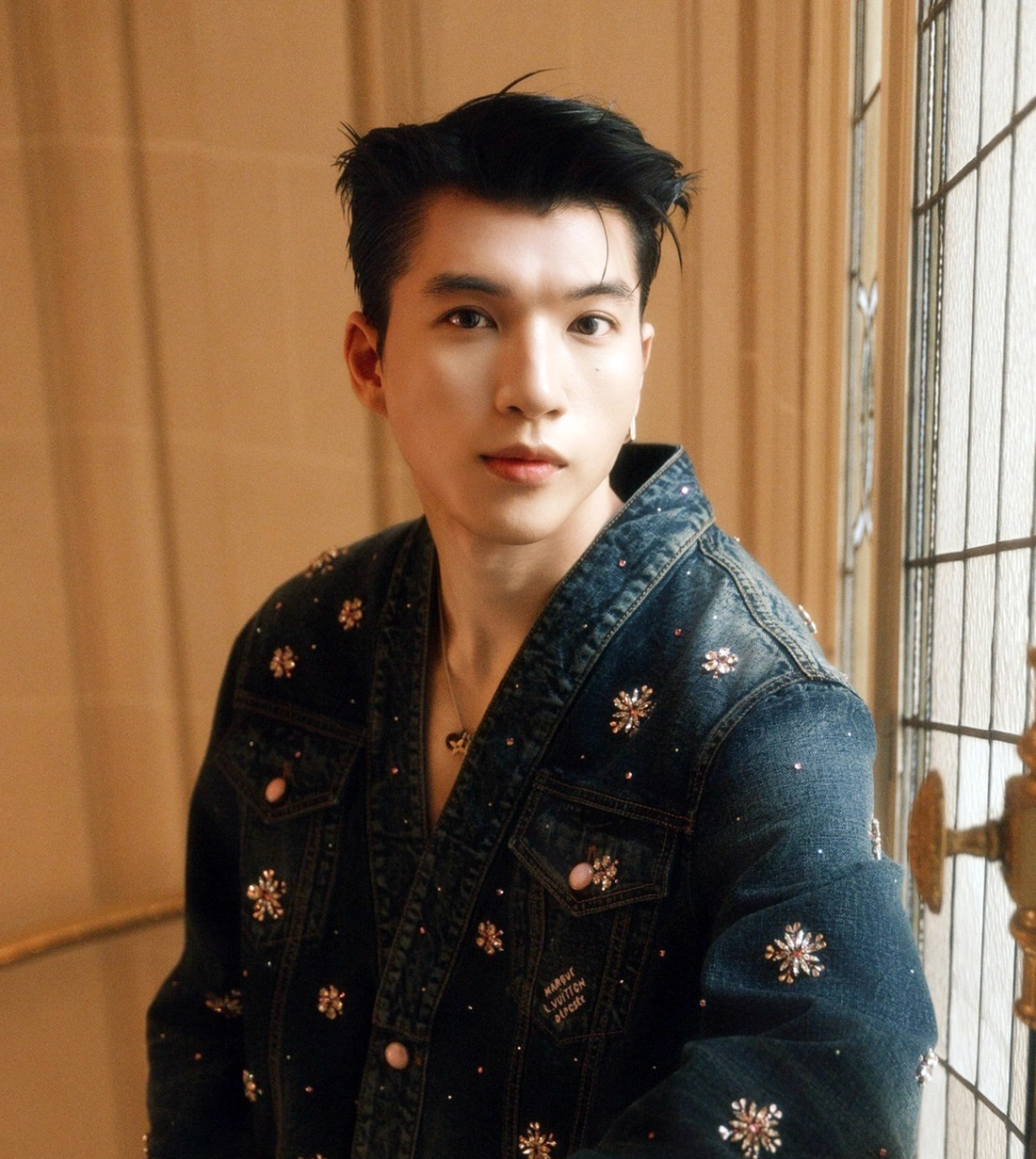
HIEUTHUHAI has a pretty clean image, but a rap line in the song Trinh caused unfortunate controversy - Photo: NVCC
The future direction is to "develop a system of music products in a unique language to spread positive messages, contributing to promoting the healthy and civilized development of Vietnamese culture".
Singer Jack must have had an "unforgettable experience" after performing a song containing "arrogant" and vulgar language on October 16 in Hanoi .
After working with the authorities, Jack and J97 Promotion Company accepted responsibility and listened to all comments. "As an artist, I understand that every action and word I take on stage has a great impact on the community.
This incident helps me understand more about maintaining personal image and awareness of the cultural and social responsibilities of an artist," Jack wrote on his personal page.
In addition to announcing the temporary suspension of upcoming performances, including the live show Tram Dung Dung on November 1 in Ha Long, Jack said that the singer and his crew will review and adjust all performance content, pledging that future products will comply with cultural orientation and good customs.
Correction in the spirit of orientation and support
People's Artist Quoc Hung, Director of the Vietnam National Academy of Music, shared with Tuoi Tre that young artists who violate the rules should first be reminded because "they are still young and can still fix it."
The spirit is constructive, correct mistakes, learn from experience so they can continue working, contributing and dedicating themselves to music.
Musician Giang Son believes that rectification should be done with a spirit of orientation and support: "All treatment measures should aim at educating and reorienting perception, not eliminating creativity.
A healthy music industry needs to be built with knowledge, personality, professional self-respect and love for the profession of the artists themselves.
If violations must be handled, Giang Son expressed that "it is necessary to divide violations into specific levels for appropriate handling, instead of applying a general form to all." For example, at a mild level (poorly selected lyrics, inappropriate images...), it is required to edit, remove or warn, and at the same time, the artist is required to participate in cultural and artistic training sessions.
Only at a serious level (products with reactionary elements, inciting violence, vulgarity, going against good customs) will it be necessary to ban the broadcast for a long time, and even consider prosecuting legal responsibility if there are elements violating current laws.
Have criteria for handling deviant behavior
According to lawyer Hoang Ha (Ho Chi Minh City Bar Association), Vietnamese law has a framework on prohibited content and sanctions in performances stipulated in Decree 144 of 2020 and Decree 38 of 2021. Vietnam can also refer to specific criteria used by foreign management agencies, including China, to manage performance content.
"However, it is necessary to focus on methods of building clear criteria as a basis for handling deviant issues, instead of just relying on general regulations on good customs or social ethics," the lawyer noted.
He said the criteria must be built on the legal system, cultural traditions and political institutions of Vietnam.
"Care must be taken not to mechanically copy provisions that could be seen as excessively restricting citizens' creative freedom as recognized by the Constitution," he added.
Lawyer Hoang Ha suggested that "Vietnam should study the possibility of issuing a separate Music Law in the future or at least upgrade current decrees to a specialized ordinance or law in this field".
According to lawyers, music activities are currently regulated by many legal documents at different levels, mainly the 2005 Intellectual Property Law (amended and supplemented in 2019), Decree No. 144 of 2020, and Decree No. 38 of 2021.
“But this fragmentation exposes the limitations of comprehensively regulating a highly specialized art field like music,” he said. If there is a separate law for music, “it must be flexible and advanced enough to keep up with the development speed of current technology platforms such as YouTube, TikTok, Spotify…”.
Lawyers say that in the immediate future, amending and supplementing Decree 144 of 2020 and Decree 38 of 2021... is the top priority, after which it is possible to gradually build separate laws for music when the market is more mature.
Music Law - Legality for Creators
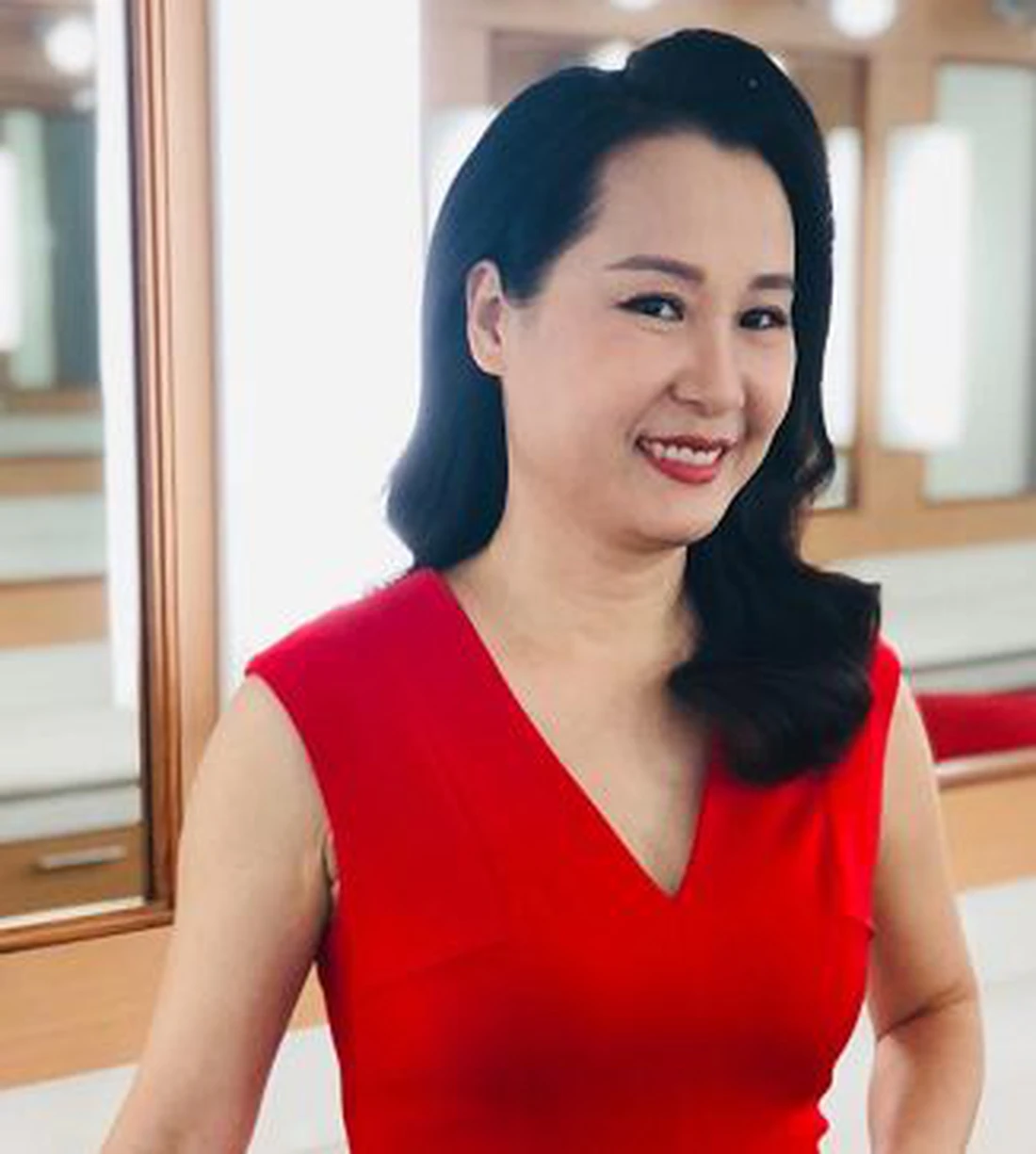
Musician Giang Son
Musician Giang Son shared that when determining the development of the cultural and entertainment industries as a key economic sector, having a clear legal corridor is necessary: "The Music Law is not only the basis for handling violations, but more importantly, to protect genuine artists, protect copyrights and orient sustainable development for the entire industry."
Giang Son explains that music is a unique field, highly creative and strongly influenced by global trends.
Without specific laws, it is difficult to distinguish the line between creativity and vulgarity, between artistic freedom and cultural deviation. According to her, "a carefully constructed set of laws will help professionals have a basis to know where they are, what they are allowed to do and how they are responsible for their products."
What is standard deviation?

Lawyer Hoang Ha (Ho Chi Minh City Bar Association) - Photo: NVCC
According to lawyer Hoang Ha, the regulations in Decree No. 144/2020 on prohibited acts in performing arts are still general and general in nature.
"The establishment of deviant criteria for music should refer to the prohibitions in cinema activities in Article 9 of Vietnam's Cinema Law," he suggested.
Because these are built on the principles of protecting national interests, ethnicities, cultural values, social ethics and the rights of special subjects such as children.
For example, point i, clause 1, article 9 of the Cinema Law stipulates that it is prohibited to show obscene, depraved, and incestuous images, sounds, and dialogues. This is a criterion that helps to quantify more specifically the concept of offensiveness and violation of public morals in Decree 144, which should be applied to song lyrics, costumes, choreography, and sounds used in the program.
However, according to lawyers, the application needs to be flexibly adjusted, suitable to the characteristics of performing arts (directness, interaction, immediacy) compared to cinema (editing, post-production).
Happy to sing beautiful music
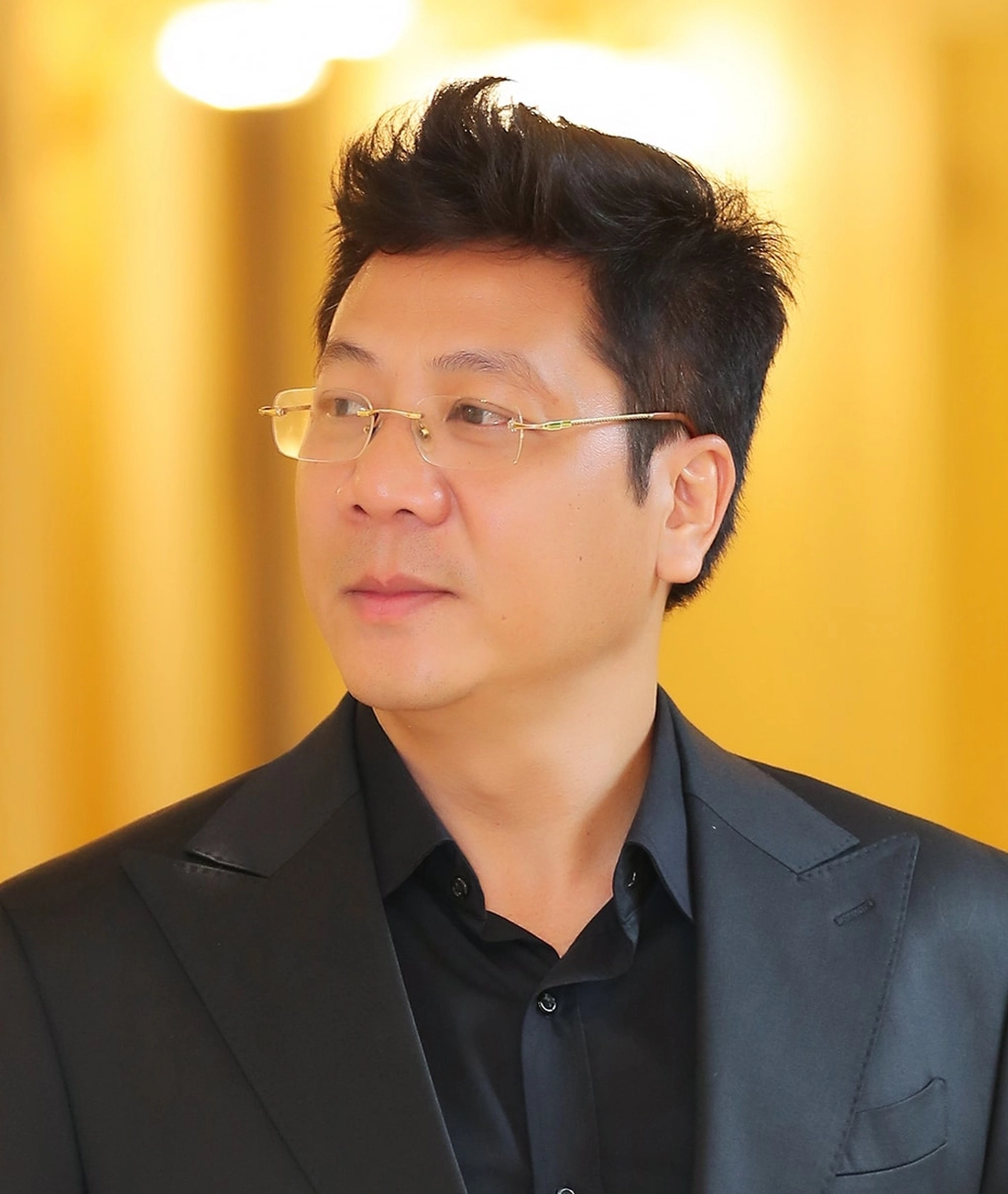
People's Artist Quoc Hung
Artist Quoc Hung said he recently sang A Lifetime, A Forest (Tran Long An), Afternoon Forest (Vu Thanh) and was deeply moved.
How can music be so beautiful?
It is associated with a historical period of the country, encouraging the spirit and motivating soldiers to go to battle, inspiring young people to build new economic zones after the war.
Many years have passed, but singing it now still feels good. "It is a kind of music that promotes goodness and makes people do good when listening to it. As an artist, I am happy and proud to sing beautiful music.
As artists, you should also write and sing such beautiful music," Quoc Hung said.
Source: https://tuoitre.vn/hoat-dong-am-nhac-lech-chuan-sai-va-sua-20251101093305124.htm








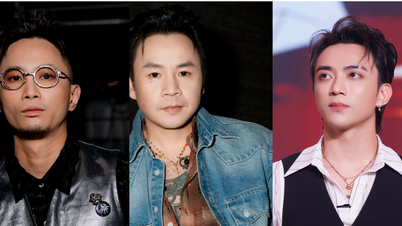
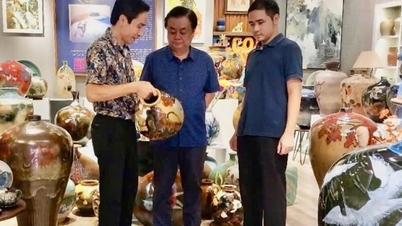

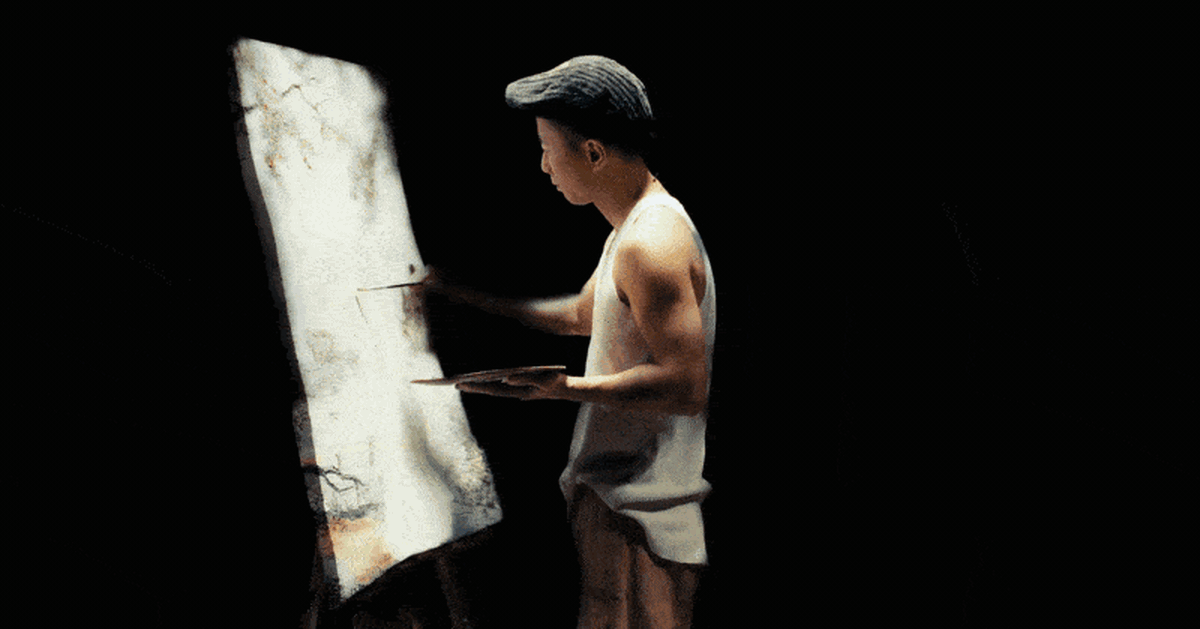
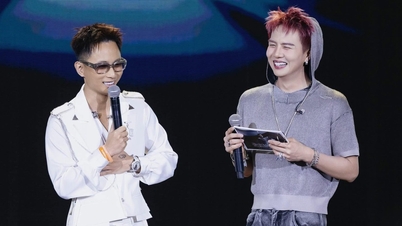



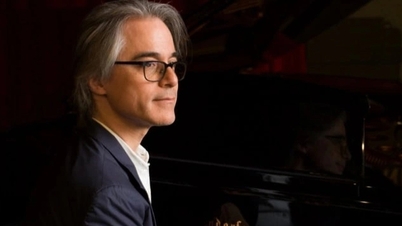

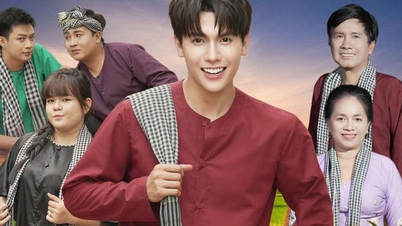

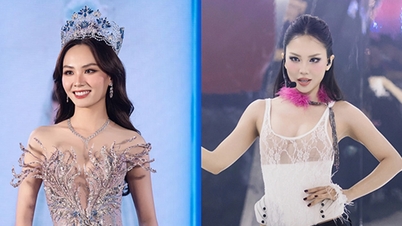

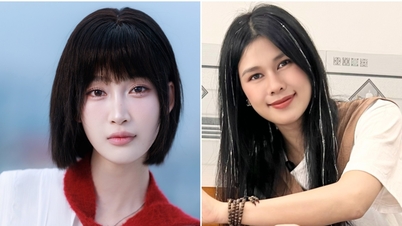
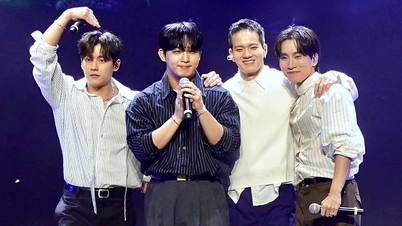





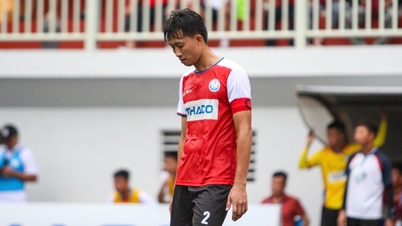
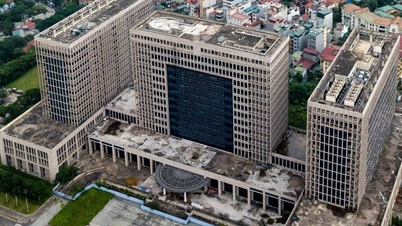

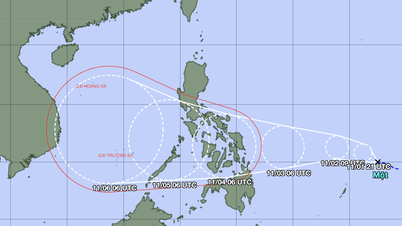


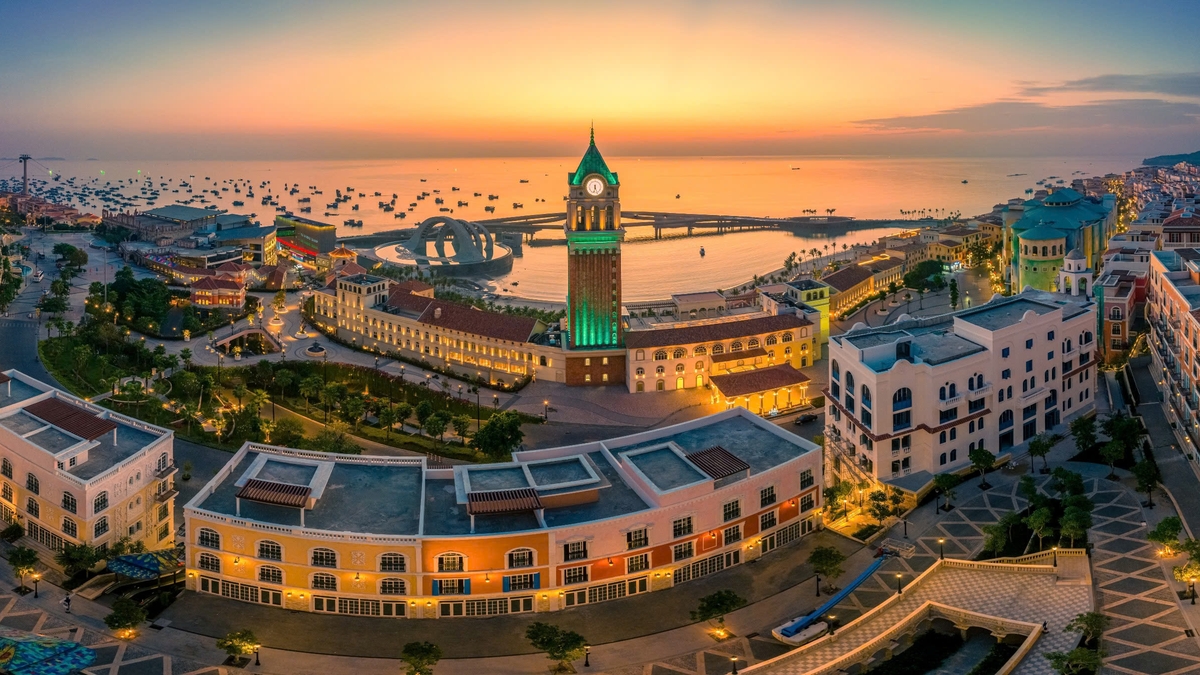
































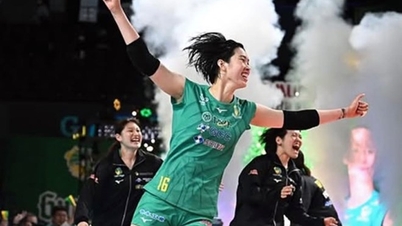




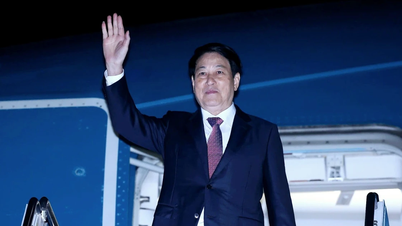


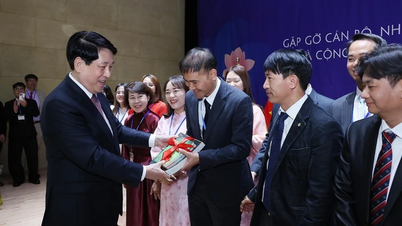

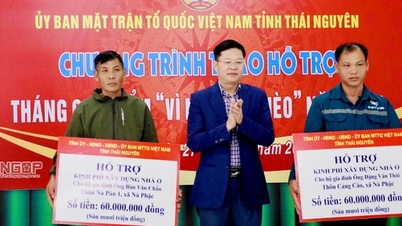
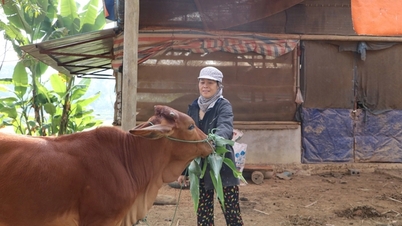


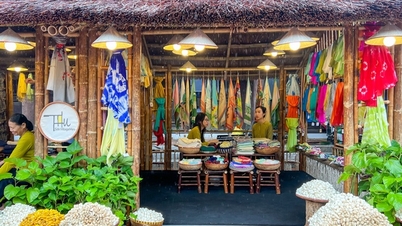
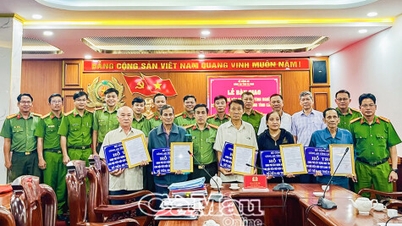



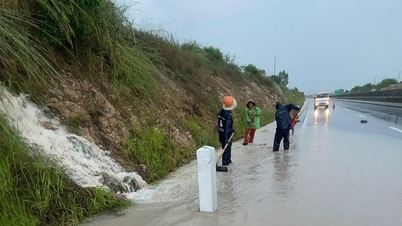
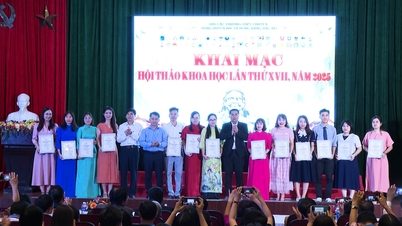

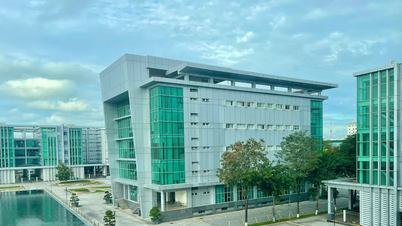















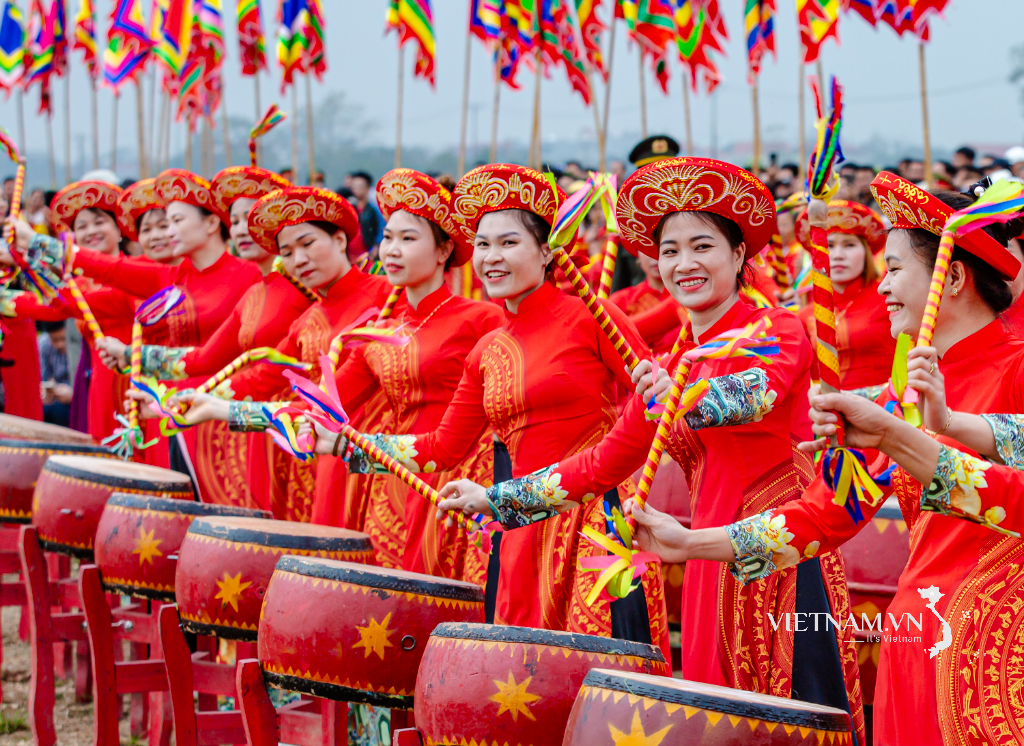

Comment (0)